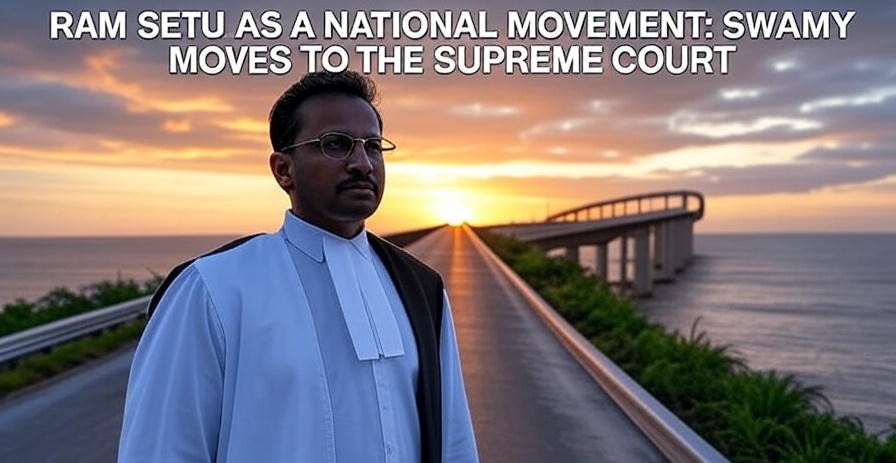Introduction
The Delhi High Court has ordered deepfake videos of YouTuber Ankur Warikoo to be taken down, which were manipulated to make him seem like he was giving stock tips. The court prevented unauthorized sharing of these videos and ordered sites like Instagram, Facebook, and WhatsApp to remove them within 36 hours.
Warikoo had sued, claiming that these deepfakes were deceiving naive investors into joining dubious WhatsApp groups, where they were being persuaded to take high-risk trades. The court established that these videos could lead to irreparable harm and adjudged in his favor. The next hearing on the case is set for October 8.
What are the legal implications of deepfake technology?
Deepfake technology poses serious legal issues, specifically in the fields of privacy, defamation, consent, and misinformation. Some of the most important legal implications are given below:
- Right to Privacy: Deepfakes interfere with an individual’s privacy by tampering with their image or voice without authorization, which is covered under Article 21 of the Indian Constitution and global laws.
- Libel & Defamation: When a deepfake depicts an individual in a negative and false manner, it can result in legal repercussions against their reputation.
- No Consent: Exploiting someone’s image without consent can amount to a breach of consent laws, particularly when it comes to deepfake pornographic material.
- Misinformation & Fraud: Deepfakes can be applied to disseminate false information, manipulate stock exchanges, or even instigate violence, and are thus a matter of grave concern for national security.
- Election Interference: Deepfakes have been employed in election campaigns to propagate false information, which can destabilize democratic processes.
Legal Outcome of the case
The judicial consequence of the Ankur Warikoo deepfake videos case was a positive interim order of the Delhi High Court to restrict the abuse of his identity. The following are the major consequences:
Court Orders:-
1. Content Removal at Once:
The court ordered large platforms such as Meta (Facebook, Instagram, WhatsApp), YouTube,Telegram, and X (Twitter) to remove all deepfake videos of Ankur Warikoo that utilized his face and voice to give fake stock tips.
2. Permanent Injunction:
The court enjoined the defendants from employing Warikoo’s name, image, voice, and likeness for personal or commercial benefit without his written approval, in particular through AI software, deepfake technology, or any other method.
3. Publicity and Personality Rights Protection:
The court acknowledged that these deepfakes infringe “publicity rights” and “personality rights”, and would result in irreparable injury to the individual’s reputation and public trust.
4. Evidence Preservation:
Service providers and hosting platforms were instructed to retain all the content and metadata of infringing videos for legal and investigation purposes.
5. Disclosure of IP Addresses and Details:
Platforms were instructed to reveal information including the IP addresses, login credentials, and other details of the customers who uploaded the deepfake material.
Conclusion
The Delhi High Court favored Ankur Warikoo, issuing a John Doe order against the unauthorized dissemination of deepfake videos of him. The court asked sites such as Instagram, Facebook, and WhatsApp to delete the videos within 36 hours and banned the exploitation of Warikoo’s name, image, voice, and persona for unlawful commercial or personal purposes.
Moreover, the court recognized that these deepfakes were tricking innocent investors into participating in suspicious WhatsApp groups in which they were persuaded to make risky trades. The next hearing of the case is on October 8.
About the Author
Agnimitra is a law student at the Department of Law, Hazra Campus, Calcutta University, Kolkata, with a growing passion for legal writing and research. Deeply interested in Intellectual Property Law, International Law, and issues related to Women and Child Safety, Agnimitra enjoys exploring how the law modernizes itself to the changing times of society. Whether it’s through writing articles or diving into legal debates, Agnimitra is always eager to understand and share the evolving nuances of the legal world.

